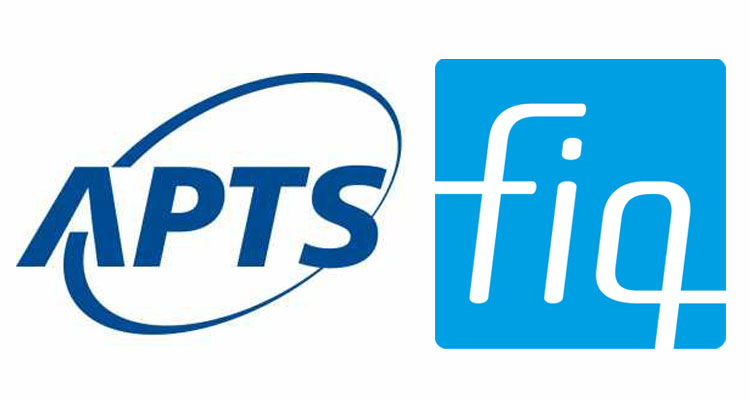
The APTS-FIQ alliance demands due recognition of women’s expertise
The APTS and FIQ bargaining teams received the latest government offers this morning, only to find that nothing has changed in 10 months. The 131,000 members of the APTS-FIQ alliance expect a substantial offer, but for now, there’s no sign in the government’s proposal that the head of the Treasury Board is serious or that employees will receive due recognition in the form of pay, even though they have a right to expect it. What’s worse, the Legault government has no intention of bridging the pay gap that leaves public-sector personnel in health care and social services trailing behind other Québec employees.
The proposed 5% pay increases over three years that are now on the table were rejected last spring by delegates in both unions. If the head of the Treasury Board is as ready to negotiate as she implies, she has to quit stalling. Her negotiators have to prove that they’re willing to make concessions instead of trying to couch the same old offers in different terms.
“It’s no different in the public sector than anywhere else: expertise in health care and social services doesn’t come cheap – you have to pay for it.” That’s the message that the two union presidents, Andrée Poirier (APTS) and Nancy Bédard (FIQ) delivered this morning to a thousand demonstrators who gathered in Québec City and Montréal. “While the government is busy trying to convince us that it’s generous and fair, professionals and technicians in health care and social services are looking after Quebecers. Our members will be there for them every step of the way, from the moment they’re born until the moment they die. It’s clear that the government’s new offers don’t measure up to the personnel at the heart of our health and social services system.”
“The government has an obligation to recognize the work of healthcare professionals and technicians and social services personnel by granting major pay increases, if it wants to reinforce the public system. As a society, we can no longer tolerate women being paid less than men. The government has to make this a priority if it wants to attract a younger workforce, ensure that expertise stays in the public sector, and offset competition with the private sector. Women in the public healthcare system want their fair share, and the government offers have to make up for years of underinvestment to ensure decent salaries.”
In addition, the proposed joint committees on pensions and parental rights don’t offer any real progress. For a government that prides itself on being elected by those in the regions, its silence on regional disparities is embarrassing for all Quebecers who live in outlying regions far from the major centres.
The APTS-FIQ alliance is fighting for all Québec patients and for all those who have been working so hard to keep the public system going. Professionals and technicians in health care and social services are expecting a lot more, and so is the population. It’s going to take a major shot in the arm from the government to help repair and restore our healthcare system.
“The employer’s offer doesn’t bring the two sides any closer to finding common ground. Talks at the intersectoral table are resuming, and the bargaining teams will study the offers on the table. But the economic situation is no justification for perpetuating a longstanding wage imbalance.”
The priorities of the FIQ-APTS alliance are to put an end to pay discrimination, maintain its members’ purchasing power, ensure that retirement doesn’t result in precarious living conditions for anyone, help parents balance their family and work responsibilities, and make sure that people who live in remote regions are able to count on the necessary personnel to ensure access to the same services as in the big cities. These issues have to be addressed in order for a comprehensive agreement to be acceptable.
The alliance will analyse the government offers before presenting them promptly to their respective bargaining structures, which will weigh their merits. For its part, the APTS will also have to analyse the offers on its members’ working conditions that are included in the employer’s proposal.